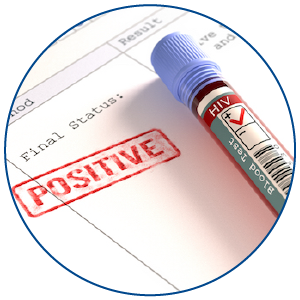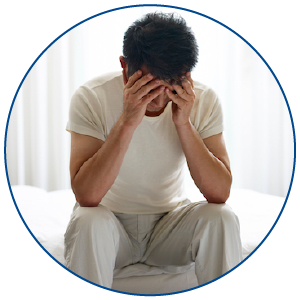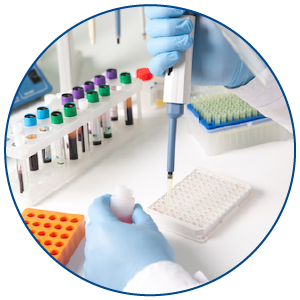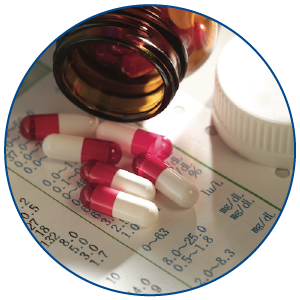
How is Pubic lice passed on
Pubic lice have nothing to do with poor hygiene.
- Pubic lice can be passed from one person to another by close body or sexual contact with someone who has pubic lice.
- It may be possible for pubic lice to be spread by sharing clothing, bedding and towels.
- They can be found in pubic hair, underarm and leg hair, hair on the abdomen and chest, beards and rarely in eyebrows and eyelashes. They do not live in the hair on the head.
- Lice can live for up to 24 hours off the body. However, because pubic lice depend on human blood for survival, they will rarely leave the body. Pubic lice move by crawling from hair to hair – they cannot fly or jump.




